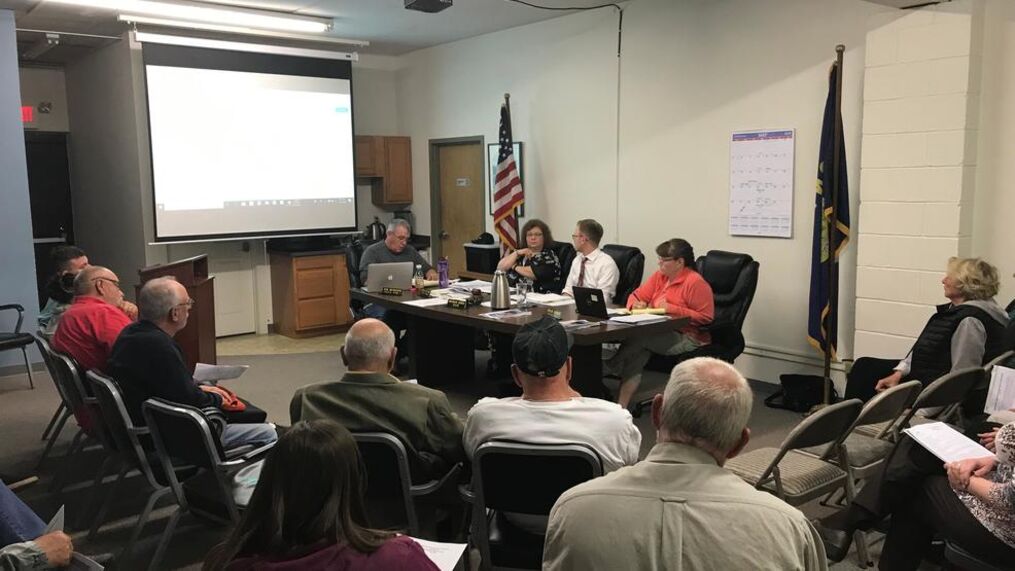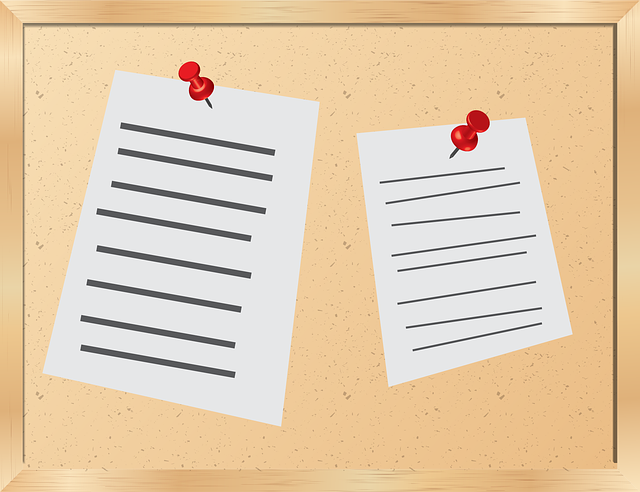Open Meeting Law Overview
| Site: | MSL Learn |
| Course: | Montana Library Law |
| Book: | Open Meeting Law Overview |
| Printed by: | Guest user |
| Date: | Wednesday, 4 February 2026, 8:05 AM |
What is the purpose of the open meeting law?
The answer to this question lies within the Montana Constitution itself. Article II, Part II – the declaration of rights sets forth what Montanans can expect. Section 9 covers the right to know. It says,
“No person shall be deprived of the right to examine documents or to observe the deliberations of all public bodies or agencies of state government and its subdivisions, except in cases in which the demand of individual privacy clearly exceeds the merits of public disclosure.”
Montana had a history of corruption when a few people held so much power during the days when copper was king. Due to this history the people who created the Montana Constitution wanted to ensure that the public had the right to listen to the government entities making decisions that impact their lives.

Montana Code Annotated
Montana Code Annotated Title 2, Chapter 3, Part 2 contains the laws that govern open meetings.
You can click on the title of each of the sections of the law to read the language of the law. Use the back arrow in your browser to return to the course.
Montana Code Annotated 2023
TITLE 2. GOVERNMENT STRUCTURE AND ADMINISTRATION
CHAPTER 3. PUBLIC PARTICIPATION IN GOVERNMENTAL OPERATIONS
Part 2. Open Meetings
- 2-3-201 Legislative intent -- liberal construction
- 2-3-202 Meeting defined
- 2-3-203 Meetings of public agencies and certain associations of public agencies to be open to public -- exceptions
- 2-3-204 through 2-3-210 reserved
- 2-3-211 Recording
- 2-3-212 Minutes of meetings -- public inspection
- 2-3-213 Voidability
- 2-3-214 Recording of meetings for certain boards
- 2-3-215 through 2-3-220 reserved
- 2-3-221 Costs to prevailing party in certain actions to enforce constitutional right to know
What does the library need to do to comply with the open meeting law?
The library director or designee needs to post a notice and agenda for the meeting. After reading the notice an individual should know the following:
- What day and time the meeting is happening?
- Where is the meeting be held?
- What is on the board’s agenda? What is the board going to discuss?
The law doesn’t specify how much notice must be given. The general rule of thumb is at least 48 hours' notice unless the board is discussing something of great interest to the public. In that case there should be at least seven days’ notice.
Sometimes board members will need to engage with each other outside of the normal meeting process. Be mindful of appearances. Avoid meeting at the local coffee shop to discuss library matters. This is exactly the type of behavior the open meeting law is trying to discourage.
 Don’t use email or phones to avoid discussing items in
public. Emails and any other exchanges between board members are subject to
public records’ requests. Again, the law is designed to protect the public’s
right to know what you are discussing and why you are making the decisions you
are making. They can easily find out how a board voted.
Don’t use email or phones to avoid discussing items in
public. Emails and any other exchanges between board members are subject to
public records’ requests. Again, the law is designed to protect the public’s
right to know what you are discussing and why you are making the decisions you
are making. They can easily find out how a board voted.
The open meeting law is about the public’s right to know WHY a board voted the way it did.
If a quorum of board members is going to be present at a training or library function, consider posting a notice saying a quorum of board members may be present – no official business will be conducted.
Where should the notice and agenda be posted?
 The notice and agenda should be posted online,
physically in the library, and/or in the newspaper or other location of
importance to community members.
The notice and agenda should be posted online,
physically in the library, and/or in the newspaper or other location of
importance to community members.
It’s best to follow the practice of the city or county.
If there is a cost to posting a meeting notice in the newspaper it
is okay to post printed copies--post office, community bulletin board, town/county hall, for example.
NEW-- In the 2023 Legislative session, changes were made to 2-3-103 Public Participation, MCA that relate to publishing notices. This update allows posting an agenda to "the social media site of the agency" if there isn't an option to post a notice free of charge.
Can a meeting be closed to the public?
A meeting can be closed under two circumstances – when a person’s right to privacy exceeds the public’s right to know and when an agency is discussing a legal strategy due to litigation.
NOTE: each of these circumstances has an exception.
- Person’s right to privacy – the individual involved in the board’s discussion can waive their right to privacy. If the individual waives the right to privacy the meeting must remain open.
- Litigation – if the parties involved in litigation are public entities the meeting must remain open.
How is a meeting closed?
The agenda needs to indicate that a portion of the meeting will be closed. It usually does this by stating “executive session” with a reason or subject. An example of how this might appear is “Executive session to conduct library director evaluation.”
The board chair will announce that the board is going into executive session and will ask any members of the public to leave. If there are members of the public, try to give them an estimate of when the board will be done with the executive session and invite them to return at that time.
The minutes should indicate when the board went into executive session and when it returned from executive session. The board chair will announce that the board is leaving executive session to return to the normal meeting.Any other advice for a board that needs to close its meeting?
- Do NOT vote in executive session. The board can only deliberate in executive session. If the board needs to act on something that is discussed during the executive session, the board needs to return to its normal meeting process and use a motion and vote to act. The minutes should reflect this.
- Take minutes during the executive session. The law requires this. See MCA 2-3-212. Minutes of meetings – public inspection. These minutes cannot be publicly shared but must be adopted in a public meeting.
- Use this option sparingly. The law is clear. There aren’t many exceptions to holding a public meeting.
Last Word on Open Meetings
Here are a few last words for this section.
- Know the requirements of Montana's Open Meetings law.
- When in doubt, post a notice.
- The public has a Constitutional right to "observe the deliberations" of the library board.
Additional Resources
Montana Association of Counties White Paper on Open Meetings
This 2-page document is provided to:
give county elected officials an outline of the laws and requirements surrounding open meetings and public participation.
It specifically addresses a scenario where an accidental quorum is present at an event that was not noticed to the public.
Open Meetings and the Right to Participate
This presentation by Dan Clark from the MSU Local Government Center highlights why open meetings are essential to governance for any public body.
Next Up: Open Meeting Law Knowledge Check